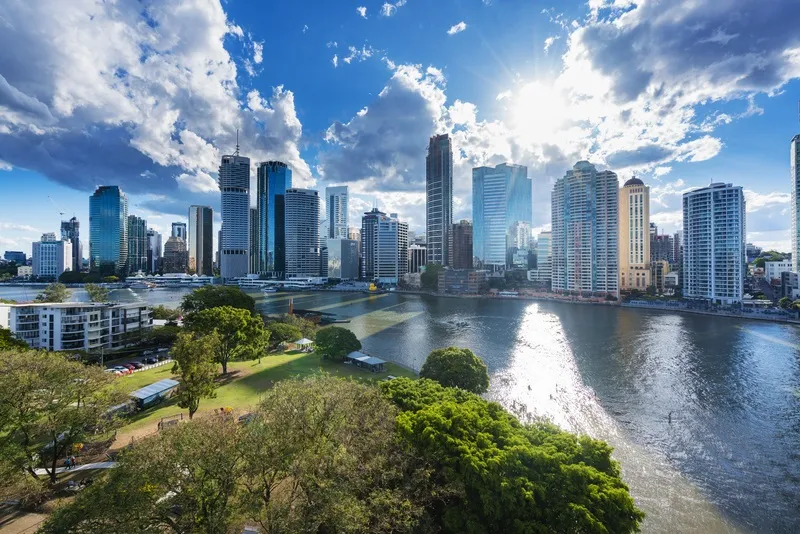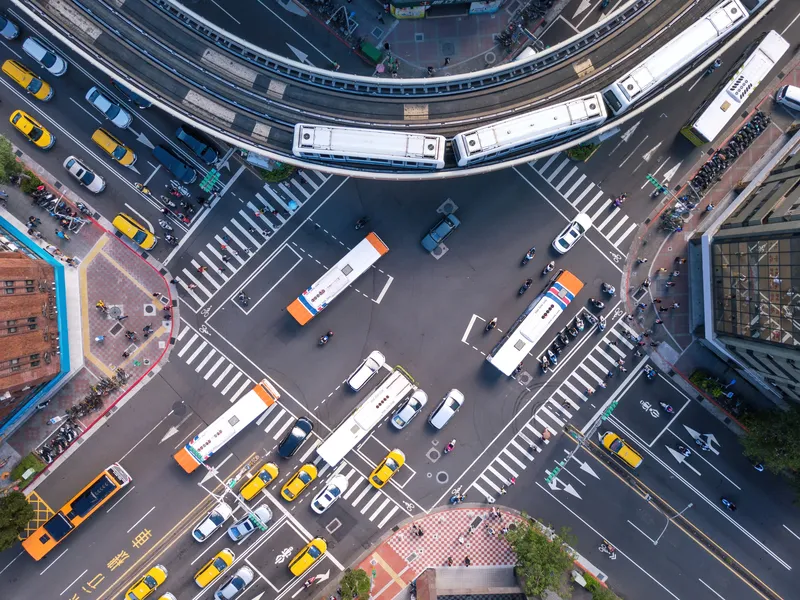
The 2020 Global Innovation Competition is hosted by ITS America, Ertico – ITS Europe and ITS Asia-Pacific.
This year’s theme is: 'Emerging technologies and solutions that create a safer, greener, smarter mobility system.'
The upcoming ITS Asia Pacific Forum in Brisbane, Australia, will host one of three regional finals to decide the global winners.
The other two will be held in Europe and North America: two winners from each will be eligible to travel to the 2020 ITS World Congress in Los Angeles this October.
There they will be able to present their solution in a bid to be one of the two grand prize winners. Each finalist will receive US$5,000, courtesy of ITS America and ITS World Congress, towards their travel.
Both winners will a receive USD$20,000 cash prize, a marketing package and networking opportunities as they can attend ITS Asia-Pacific, Ertico and ITS America Annual Meetings in 2021.
Companies in the Americas must put in their submission by 11 March.
To compete in the Asia Pacific regional competition, start-ups must submit an entry to their local ITS association before 31 March: the two winners will be chosen at the ITS Asia Pacific Forum, which takes place in Brisbane from May 25-28.
Brisbane will also be a key port of call for the Emerging Leaders Program – Global Challenge. This is aimed at high school and college students in various disciplines who have an interest in solving real-world mobility problems.
The question this year is:
“Cities around the world must find innovative ways to improve mobility that mitigates congestion while addressing vulnerable users (elderly, pedestrians, disabled, cyclists, etc.). Design an inclusive mobility model for an urban environment in your home or university town.”
It follows a similar format to the Global Innovation Competition, with one winning team selected from each of the three regions going forward to compete at ITS World Congress in Los Angeles. Entries for the Asia-Pacific section must also be in by 31 March. Applicants in the US can find out more here.
European students will send a five- to 10-page final paper on their solution by 29 March.
Three teams will be selected and a representative from each will be invited to pitch their idea at the ITS European Congress in Lisbon in May 2020. The team with the best pitch will represent Europe at the Global Challenge in Los Angeles.







